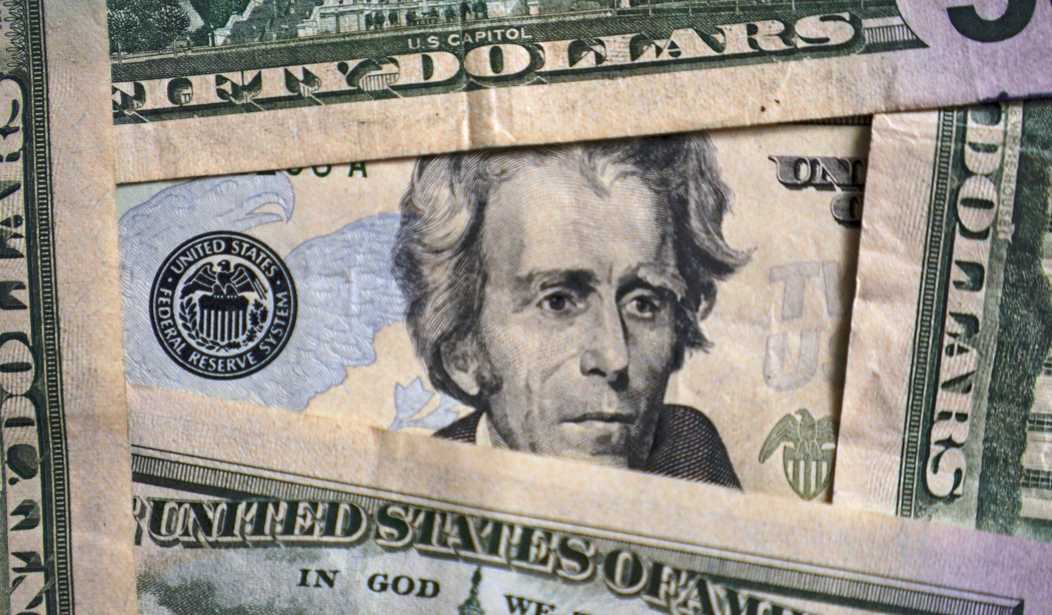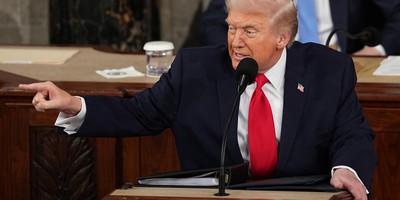This week, the Federal Reserve went into damage control mode over warnings from lawmakers, currency experts, economists and others that the federal government agency is quickly moving toward implementing a digital currency system.
"Is FedNow replacing cash? Is it a central bank digital currency?" an individual submitted during a question and answer session.
"No. FedNow is not related to a digital currency. FedNow is a payments service the Federal Reserve is making available for banks and credit unions to transfer funds. It is like other Federal Reserve payments services, such as Fedwire and FedACH. The FedNow Service is neither a form of currency nor a step toward eliminating any form of payment, including cash," the Federal Reserve tweeted in response and posted on its webpage. "The FedNow Service is an instant payments service provided by the Federal Reserve, launching in July 2023. FedNow will be available to depository institutions, such as banks and credit unions, in the United States and will enable individuals and businesses to send instant payments through their depository institution accounts."
When former presidential candidate and Democratic Congresswoman Tulsi Gabbard sounded the alarm about the government working toward a digital currency system, she was censored on Facebook and Instagram after "independent fact-checkers" rated her claims "false information." Not surprisingly, the "independent fact-checkers" simply regurgitated the Fed's denial.
"The US federal govt has just begun implementing a centralized digital currency project (CBCD) to bring about a cashless society where every transaction we make is tracked, monitored, and controlled, thus undermining our autonomy and freedom. To protect our freedom, we must all stand together in rejecting this effort to institute a digital cashless society," Gabbard posted on her Instagram feed.
Recommended
In a lot of ways, the government is already doing this by pressuring banks and credit card companies to flag, track and trace transactions that aren't illegal but that they don't like for political reasons. In other words, using private banking institutions as a surrogate for punishment or targeting that the federal government can't legally pursue.
The most recent example of this is Visa, which was pressured by New York Attorney General Letitia James to implement tracking on firearm and ammunition purchases. For now, the company said it won't go through with her requests.
But back to central banking and digital currency. FedNow might not technically be a digital currency platform yet, but there will be one in the future. Make no mistake, the Federal Reserve and its central planning, communist backers are, in fact, working toward digital currency by consolidating banking away from private institutions and into the federal government. How do we know this? By listening to the people President Joe Biden has nominated to get the job done.
In September 2021, Biden nominated actual communist Saule Omarova — who grew up in the USSR and went to Moscow University — to become the Comptroller of the Currency at the Treasury Department.
"Imagine what it would be like instead of just a public option for deposit banking, this would be actually the full transition. In other words, there would be no more private bank deposit accounts and all of the deposit accounts will be held directly at the Fed," Omarova said during an academic presentation just prior to her nomination. "How is it politically feasible for the central bank to take money away from people's accounts?"
The Office of the Comptroller of the Currency "charters, regulates, and supervises all national banks, federal savings associations, and federal branches and agencies of foreign banks."
Omarova's nomination failed, yet her ideology of central planning lives on inside the federal government. Biden's administration and the activists running the show want central and digital currency. They're working hard to get it despite official denials.























